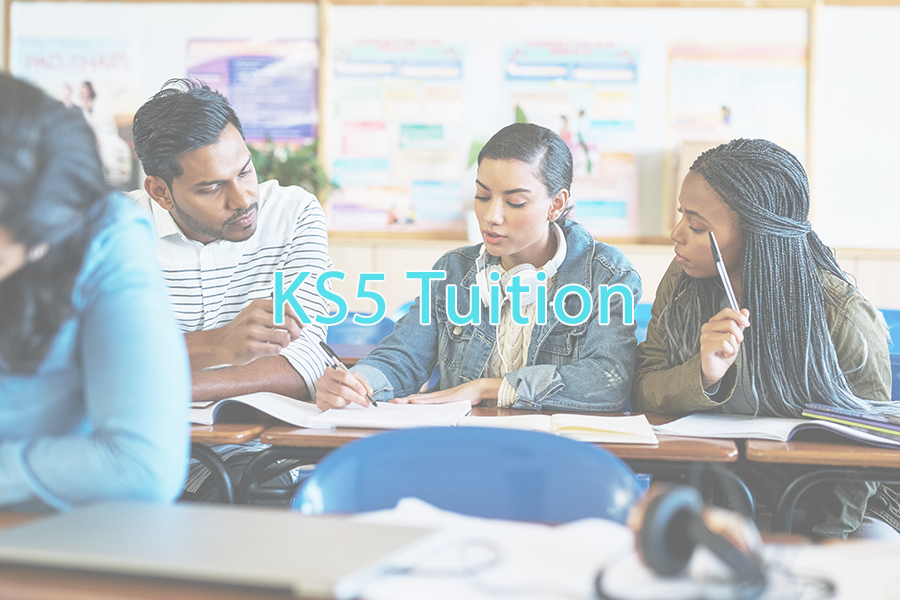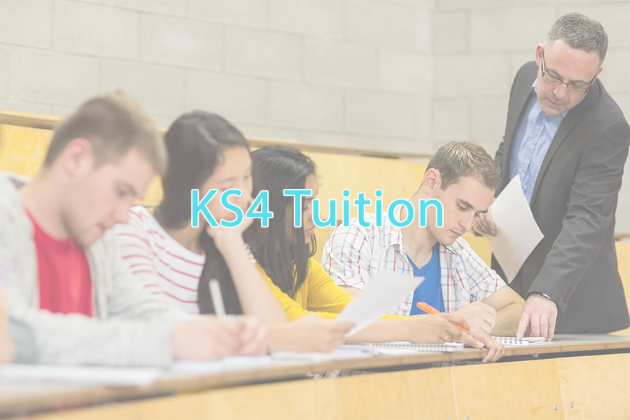GL Assessment (Granada Learning) is a test provider that creates eleven plus exams. Their exams are used by most UK grammar schools, and some independent schools, to decide which children will be offered a place.
GL Assessment exams used by grammar schools tend to be paper-based and non-adaptive. This means that the difficulty does not adjust depending on the answers your child gives.
GL papers assess four subjects:
Not all schools and regions choose to use all four subjects and they can combine any of the papers with their own test content.
The test covers all Key Stage 2 national curriculum objectives in English and maths. This includes Year 6 objectives that children have not yet encountered at school, as they sit the 11 plus at the very start of Year 6.
The ideal time to start preparing for the 11 plus is in the summer term of Year 4 or early autumn term of Year 5. Starting early and practising often in bitesize chunks will minimise stress and pressure.
Quantum GL Training
Build curriculum knowledge
When preparing for an exam it can be tempting to jump straight into using past papers. However, this is not an effective way to learn, and can cause children to feel demotivated. Learners should build a secure understanding of the 11 plus content before being tested under exam conditions.
Build exam technique
Once your child is confident with the 11 plus curriculum, begin to introduce practice tests to help them get used to GL question formats and timings. They will develop essential time management skills, and become familiar with what to expect on exam day.
Celebrate progress
To keep motivation high, be sure to celebrate each milestone in your child’s revision, no matter how minor! Small rewards and plenty of breaks help young learners to stay engaged.
Support wellbeing
Preparing for exams can feel overwhelming for young people. Here’s how to prepare mentally and emotionally, and how to help your child manage test anxiety should it arise.
Mock Exam
We run a series of CSSE Mock Exams from May. These tests will offer the child a platform to experience examination conditions. The results give the teachers and parents a better understanding of strengths and weaknesses to ensure they are well prepared for the main exams.



